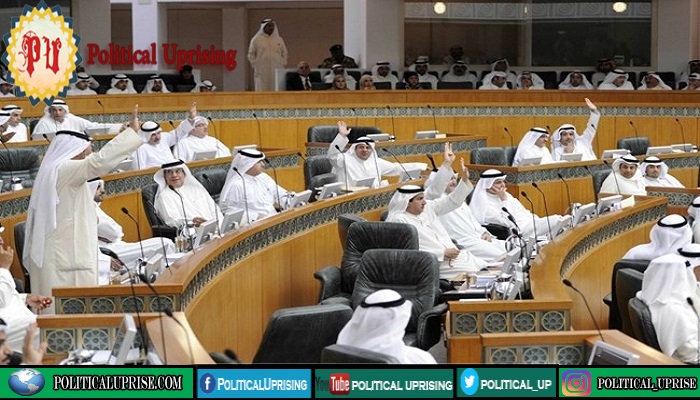African countries Egypt,Ethiopia and Sudan will meet January 13 next year in Washington DC over dam dispute, More technical meetings will be in coming week.
More technical meetings will take place in coming weeks centred on guidelines for the filling and operation of the dam.
The foreign ministers of Egypt, Ethiopia and Sudan plan to meet in Washington, DC in January to try and finalise an agreement to resolve their dispute over a massive dam project on the Nile River.
A joint statement issued by the US Treasury Department on Monday said their three ministers met with Treasury Secretary Steven Mnuchin and World Bank President David Malpass in Washington to work out differences over the Grand Ethiopian Renaissance Dam, the second such meeting since early November.
Read More:
- Controversial bill Sparks Panic and Protests in India
- Algeria demands heavy sentences for both ex-PMs
- Malta Prime Minister office storm by activists demanding resignation
“The Ministers of Foreign Affairs look forward to reconvening in Washington, DC, on January 13, 2020 to review the results of the upcoming technical meetings in Khartoum and Addis Ababa with the goal of finalising an agreement,” the statement said.
Two more technical meetings will take place in coming weeks centred on coming up with rules and guidelines for the filling and operation of the dam, it said.
“The ministers recognise that there are substantial benefits to all three countries in developing rules and guidelines to address drought conditions,” said the statement.
The implementation of these technical rules will be undertaken by Ethiopia but may be adjusted by all three countries in accordance with water conditions in any given year.
The Grand Ethiopian Renaissance Dam is about 70 percent complete and promises to provide much needed electricity for Ethiopia’s 70 million people.
However, Egyptian officials are concerned that filing the reservoir behind the dam could significantly reduce the amount of Nile water available to Egypt.
The joint statement said the rules and guidelines developed for the operation of the dam would include ways to mitigate drought conditions based upon the natural flow of the Nile and water release rates from the dam’s reservoir.
Speaking at the United Nations General Assembly this fall, Egyptian President Abdel-Fattah el-Sisi said he would never allow Ethiopia to impose a “de facto situation” by filling the dam without an agreement on its operation.
“While we acknowledge Ethiopia’s right to development, the water of the Nile is a question of life, a matter of existence to Egypt,” he said.
Ethiopia says the hydroelectric dam, which will be Africa’s largest, is crucial to its economic development.
African countries to meet January 13 next year over dam dispute.



